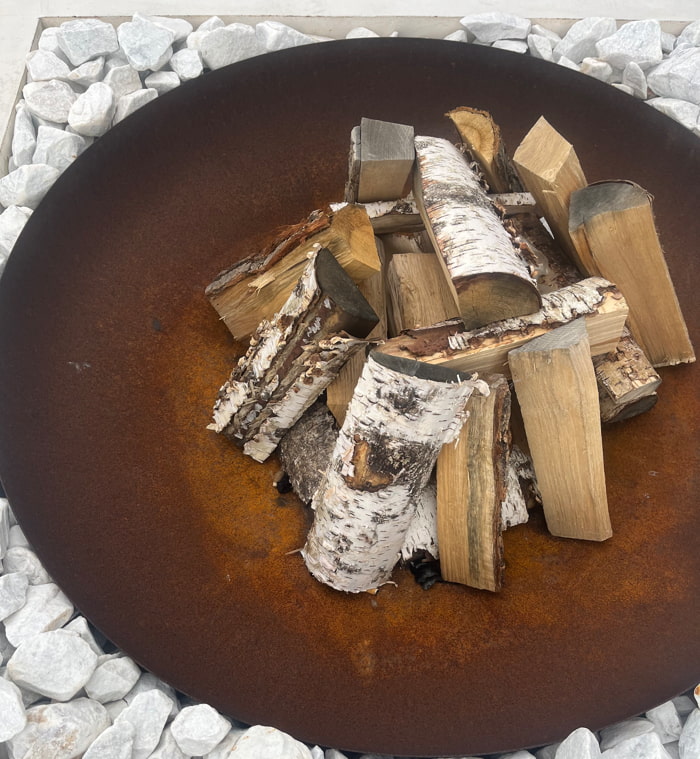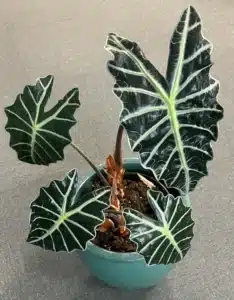

Are Ashes a good Fertilizer for Plants?
If you’re wondering if ashes work as plant fertilizer, the answer is yes. There are many ways to provide nutrients to plants, including natural and chemical methods. While chemical methods have boosted agriculture in recent years, they can have negative effects such as soil degradation or natural resource contamination.
If you’re looking for natural fertilizer for your garden, check out this article where you’ll learn if ashes work as plant fertilizer and what ashes are used for in the garden.
Are ashes good for plants?
Yes, ashes are good for plants. This is because they are obtained through the burning of organic matter, which leaves many elements that plants can use. Therefore, ashes serve as plant fertilizer.
In addition to having multiple benefits, it helps maximize waste utilization and reintegrate it into the biogeochemical cycle. Here are the properties of ashes and why you should consider incorporating them into your plants.
Properties and benefits of ashes as plant fertilizer Ashes serve as a nutrient source for plants, meaning they act as fertilizer. This is because they contain large amounts of minerals necessary for plants such as calcium, trace elements, but especially high amounts of potassium, reaching up to 3%.
- How to Make your own Fertilizers.
The uses of ashes for plants are varied, and here are some of the benefits:
Potassium helps plants withstand frost, making it ideal for incorporation in temperate areas with snowfall. It inhibits the development of fungi and makes it easier for plants to resist fungal pests. It also prevents the decay of plant tissues.
It has a high content of potash that animal manures do not have. It also acts as a soil stabilizer, improving soil structure and composition. Lots of pests will stay away from your garden, as it it repels pests such as insects, slugs, and snails. It stabilizes excessively acidic soils for a more pH friendly garden. It can also prevent plants from absorbing or synthesizing certain nutrients, deteriorating them and leading to death.
Ashes can be used as a substitute for lime since it is cheaper and easier alternative to make oneself. It is suitable for most plants, whether vegetables, fruit trees, or ornamentals. If your garden has fruit trees, it should be used in moderation because they require slightly acidic soil. It accelerates flower and fruit production, achieving higher yields and better quality. It also strengthens the root system of plants, allowing better absorption of nutrients and water.
How to use ashes as plant fertilizer
To begin the process, it’s necessary to clarify that the ashes used for plant fertilizer by expert gardeners come from grass that remains after pruning between the months of April and June, rainy season when pruning should be more frequent. On the other hand, ash from wood produced from branches, lignified stems like those of roses, or leftover wood from chimneys and bonfires is also commonly used. Now, the amount of potassium varies depending on the age of the material to be incinerated. Young branches have more potassium than old trunks.
- Once the ash is obtained, it should be ensured that there are no large pieces of plant matter remaining.
- The ideal texture is powder, and ideally, it should be sieved so that the powder is light and uniform. It should always be handled with gloves, protective goggles, and long sleeves.
- The ash is spread at the bottom where the plant is to be placed, whether in a hole, pot, or cultivation furrow. This way it is used as fertilizer.
- When applied directly to the soil, it should be done in winter, and it should be well integrated into the soil by stirring or burying it so that the components take effect. Applying it in winter ensures that it will not be harmful when spring arrives.
- If you want to use it as a pest repellent, spread the ash around the plant in question as mulch. In addition to being used alone, a handful of compost can be added to the existing fertilizer, such as worm humus or manure. This will make the fertilizer even more complete. The dosage of ash for plants is quite low compared to other types of fertilizers. 50 to 70 grams per square meter are used.
- It should only be used occasionally because it alkalizes the soil too much, adds many mineral salts, and can be counterproductive. Also, since it raises the pH of the soil, it should be avoided in plants that do not tolerate slightly alkaline soils.
- If you have pH test strips, you can check that it does not exceed 7.5, a level that is already harmful to plants. The ash should not be left in the rain because the potassium deteriorates. Store any unused ash in protected sacks and avoid using it in rainy seasons. Now that you know if ashes work as plant fertilizer, you may be interested in these articles on Organic Fertilizer: what it is, types, benefits, and how to make it and How to make homemade organic fertilizer for plants.



